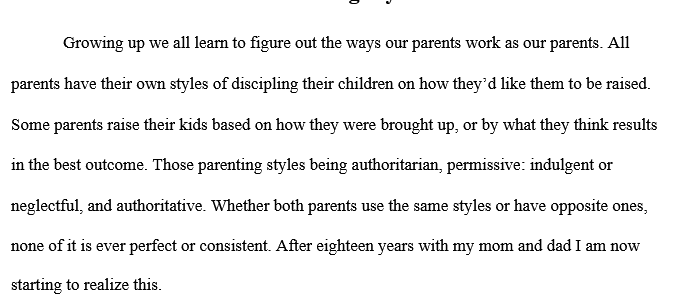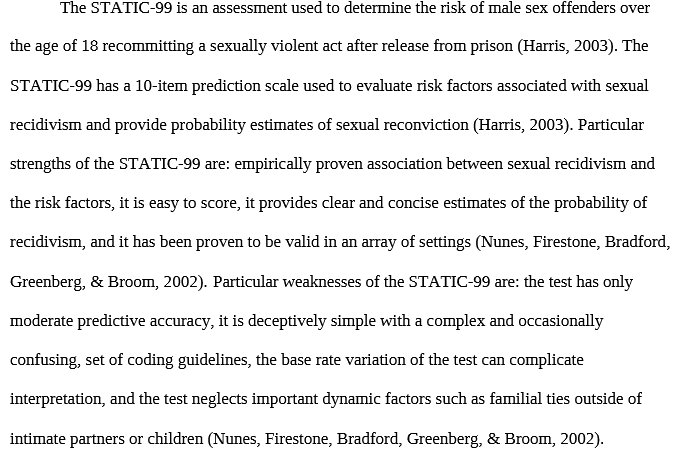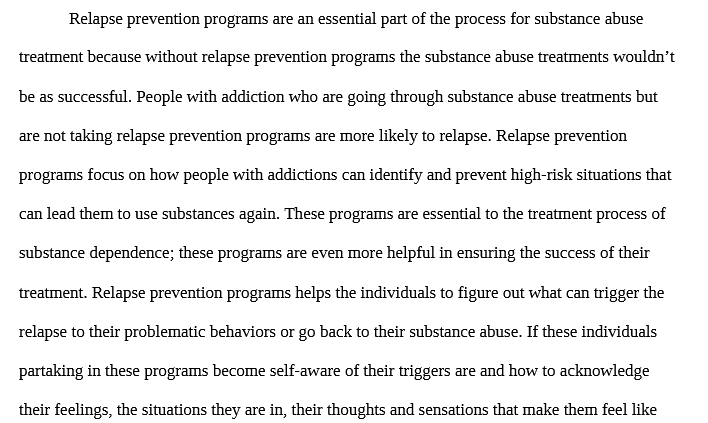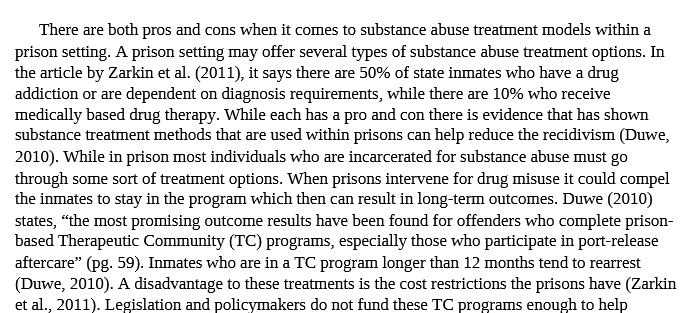History and Development of Cognitive Neuropsychology.docx
$3.99
History and Development of Cognitive Neuropsychology.docx
Neuroscience benefits psychology by allowing psychologists to see the “how and why” as it
pertains to underlying behavioral observations made previously by therapists (Diamond & Amso,
2008). Science has also highlighted the complexities of the brain as it processes events and
experiences, including behavior, and it helps in the shaping of common brain functions.
Additionally, neuroscience has provided the foundation necessary to assist therapists in explaining
certain behavioral findings. Neuroscience provides the ability to uncover underlying
biological mechanisms before they are behaviorally observable. Neuroscience can assist with
creating interventions and molding person-centered treatment plans based on the particular
makeup of the individual.
When it comes to neuroscience and society we see that it has played a much larger role in
shaping the mind, brain, and even gene expression than was originally thought. This is very
important when we look at cognitive theories such as nature vs. nurture. The key idea is that
cognitive psychology provides hypotheses about specific cognitive capacities.
Description
History and Development of Cognitive Neuropsychology.docx
Neuroscience benefits psychology by allowing psychologists to see the “how and why” as it
pertains to underlying behavioral observations made previously by therapists (Diamond & Amso,
2008). Science has also highlighted the complexities of the brain as it processes events and
experiences, including behavior, and it helps in the shaping of common brain functions.
Additionally, neuroscience has provided the foundation necessary to assist therapists in explaining
certain behavioral findings. Neuroscience provides the ability to uncover underlying
biological mechanisms before they are behaviorally observable. Neuroscience can assist with
creating interventions and molding person-centered treatment plans based on the particular
makeup of the individual.
History and Development of Cognitive Neuropsychology.docx
When it comes to neuroscience and society we see that it has played a much larger role in
shaping the mind, brain, and even gene expression than was originally thought. This is very
important when we look at cognitive theories such as nature vs. nurture. The key idea is that
cognitive psychology provides hypotheses about specific cognitive capacities. Neuroscience
supplies proposals about how these specific functions might be executed in the brain.
Research conducted in neuroscience has enhanced the understanding of cognitive behaviors
which are fundamental to education and socialization such as learning, memory, intelligence,
and emotion. Cognitive neuroscience has included research in such areas as vision, spatial
cognition, audition, music, emotions, imitation, memory, motor function, language, and
consciousness. Neuroscience has also provided evidence for brain function related to these areas
and how an individual is able to learn. No one should expect neuroscience to provide a direct
pathway to encouraging an individual’s ability to learn. Although, it can provide new methods
and means of challenging the individual to help promote and encourage new learning methods
for the future benefit of others.
History and Development of Cognitive Neuropsychology.docx
The key difference between cognitive neuroscience and psychology is that cognitive
neuroscience shapes theories based on empirical evidence, but the obstacle in neuroscience is the
complexity of the human brain. Some may confuse the brain with the “mind.” Psychologists are
moving away from the mind and focusing more on the “brain.” Cognitive neuroscience focuses
on cognitive processes and relies on the findings, methods, and theories of neuroscience. Cognitive
neuroscience attempts to learn how mental activities are executed in the brain in both normal and
those with mental deficits. The more cognitive neuroscience progresses, the more psychologists
have the ability to try new techniques that are built from the results.
History and Development of Cognitive Neuropsychology.docx
- PSY 211 – Lifespan Development (5015 Documents),
- PSY 215 – Abnormal Psychology (4335 Documents),
- PSY 108 – Introduction to Psychology (3759 Documents),
- PSY 223 – Statistics for Psychology Research (2652 Documents),
- PSY 216 – Psychology of Personality (1841 Documents),
- PSY 510 – Research Methods (1748 Documents),
- PSY 520 – Research Methods in Psychology II (1469 Documents),
- PSY 257 – Psychology (1451 Documents),
- PSY 310 – Criminal Psychology (1393 Documents),
- PSY 200 – FOUNDATIONS OF ADDICTIONS (1379 Documents),
Only logged in customers who have purchased this product may leave a review.







Reviews
There are no reviews yet.